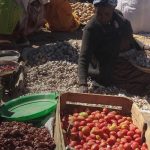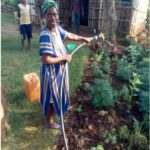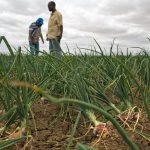A growing body of evidence now suggests that global warming increases the risk of extreme weather events such as droughts, floods, and tropical cyclones (Seneviratne et al. 2021), and these shocks often force poor households to consume less or sell valuable assets, worsening their food security and increasing their vulnerability to chronic poverty. These effects […]
Impact of electrification on the welfare of rural households in Ethiopia: A gendered perspective
Rural electrification has strong gender dimensions Only electricity access at home improved girls’ education and women’s agency Even in electrified villages, responding to the specific needs of girls’ and women’ requires targeted and supplementary investments Gender-specific energy needs should be considered when planning rural electricity infrastructure. Existing data do not allow for gender responsive analyses […]
Closing the gendered energy technology gap in rural Ethiopia: A qualitative study
▪ Adoption of improved biomass stoves was dominated by women, adoption of motor pumps and domestic solar technologies was dominated by men ▪ Modern energy technologies outside the domestic cooking domain. Less likely to directly benefit women ▪ Enhancing gender equality and women’s empowerment in rural energy use requires targeted approaches ▪ Design, promotion and […]
Encouraging adaptation of sustainable land management technologies in rural Ethiopia
Changing climatic conditions and extreme weather events pose important risks for poor rural households in Ethiopia • Women may face different and/or exacerbated risks due to reduced access to financial resources, limited livelihood opportunities, and norms that restrict adaptive behaviors • Strategies to enhance resiliency to extreme weather realizations through sustainable land management (SLM) practices […]
Using a list experiment to measure intimate partner violence: Cautionary evidence from Ethiopia
While indirect response methods are increasingly used in surveys to measure sensitive behaviours such as intimate partner violence, important questions persist around how respondents understand and react to these methods. This article presents evidence from a list experiment measuring multiple forms of intimate partner violence in rural Ethiopia. We find that the list experiment does […]
- « Previous Page
- 1
- 2
- 3
- 4
- 5
- 6
- …
- 56
- Next Page »




